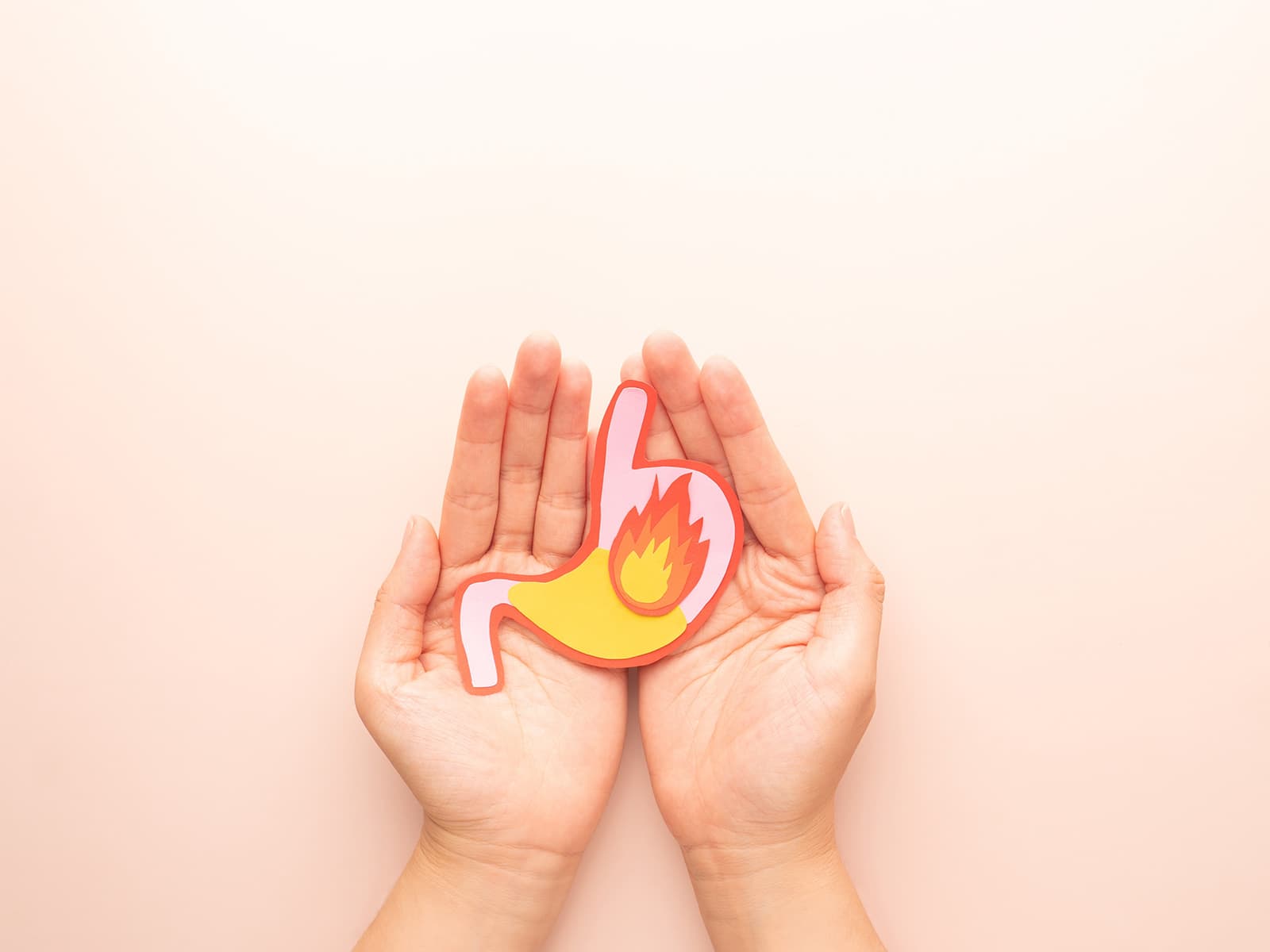
An ulcer of the esophagus is an inflamed lesion or opening in the obstetric esophagus. It usually occurs when the stomach acid powers or other irritants constantly injure the protective mucosa and result in pains, inflammation, and hardiness in swallowing. Although people fear that an ulcer could be cancer it is a shallow sore and not a cancerous tumor. The gastroenterologist in Houston can diagnose you with an endoscopy and biopsy in case of doubt.
Symptoms may be noticed early and this will hasten recovery. Typical signs include:
A number of factors may damage the lining of the esophagus causing the ulcer formation:
The patients at GastroDoxs in Houston and our board-certified gastroenterologists are highly qualified at diagnosing and treating esophageal ulcers with accuracy and humility. Damage caused by infection, injury or illness, distress, and discomfort will be counteracted through on-site endoscopy and carotid ultrasounds, unique prescription, and diet recommendations, among other things, all created to direction to a rapid healing process and permanent relief. Never sit and cry-squeeze your appointment today and receive patient-centered and advanced treatment based on the comfort level to be a more healthy and happier you.
We've successfully treated more than 5.3K patients, helping individuals improve their digestive health and overall well-being through expert, personalized care.
With over 20 years of experience, GastroDoxs has been a trusted provider of gastroenterology care, focusing on delivering the best outcomes for patients
Pain in the chest when you swallow (odynophagia), stomach and acid regurging, in no apparent way, losing weight when you feel hungry, or even having the feeling that something is lying and lodged in your throat. To diagnose, one needs an endoscopy to verify it.
An esophageal ulcer is a minor wound in the esophagus, whereas cancer represents cell proliferation out of the control resultant into a tumor. There can only be a definite distinction between the two achieved through biopsy West under endoscopy.
Eosphageal ulceration has growth code, K22.1. In the event that the ulcer has ulcerative esophagitis, you can also make use of K20.0.
The majority of esophagitis ulcers cure after 4-8 weeks with acid reducing medicaments and changes in lifestyle, however critical ones may take more time to cure.
Yes. Chronic gastroesophageal reflux disease (GERD) leaves the esophagus vulnerable to stomach acid that may cause erosion of the lining and cause the development of ulcers.
Home remedies consist of consuming softer foods, doing away with potential triggers (spicy or acidic food), taking smaller meal portions, lifting the head of your bed, and giving up smoking.
To avert these complications, schedule an appointment in the event that you experience persistent chest pain and loss of appetite, vomiting, dark bowel movements, and loss of weight, which proves unexplainable.
Surgery is rarely required. It is used in wounds that fail to heal due to medical treatment or those wounds that are excessively bleeding or perforated.
Do not use spicy, citrus, tomatoes, coffee, alcohol, carbonated drinks and beverages that can cause ulcer to irritate the ulcer making disease worse than before.
Stresses are not the direct cause of esophagus ulcers, as such, they may cause acid reflux to be increasing and retard healing by influencing your eating and sleeping habits.